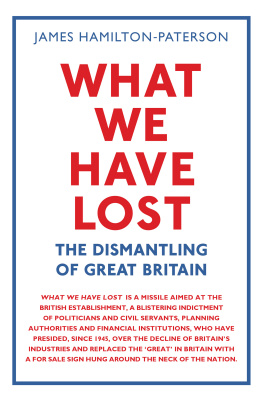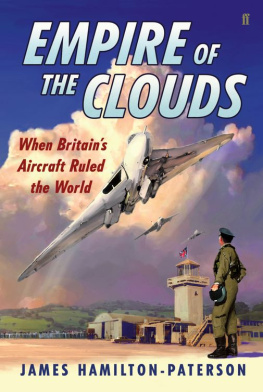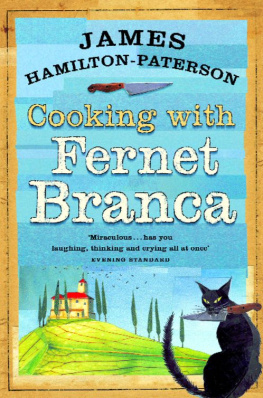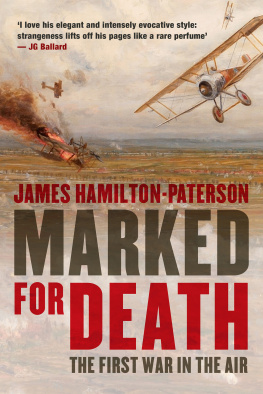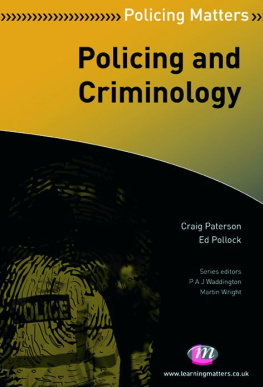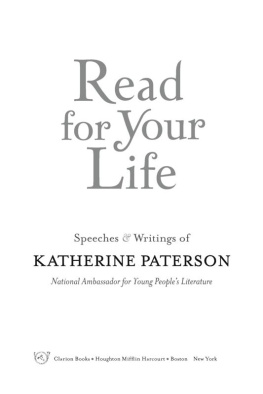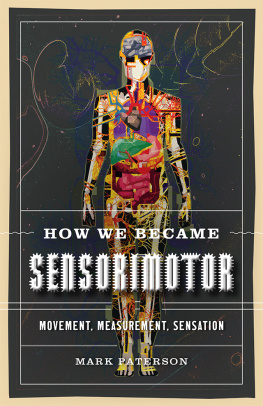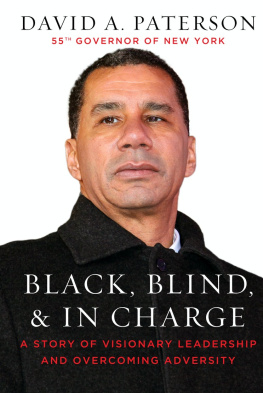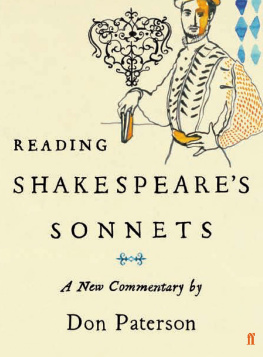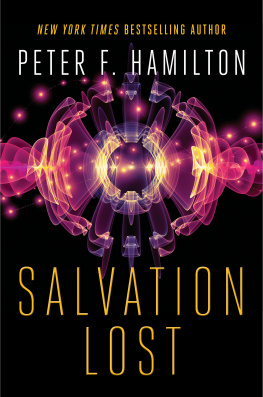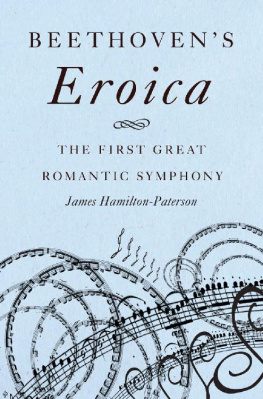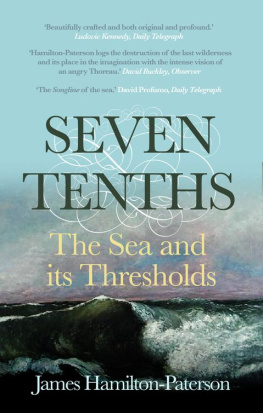Hamilton-Paterson - What We Have Lost
Here you can read online Hamilton-Paterson - What We Have Lost full text of the book (entire story) in english for free. Download pdf and epub, get meaning, cover and reviews about this ebook. City: Great Britain, year: 2018, publisher: Head of Zeus;Apollo Library, genre: Art. Description of the work, (preface) as well as reviews are available. Best literature library LitArk.com created for fans of good reading and offers a wide selection of genres:
Romance novel
Science fiction
Adventure
Detective
Science
History
Home and family
Prose
Art
Politics
Computer
Non-fiction
Religion
Business
Children
Humor
Choose a favorite category and find really read worthwhile books. Enjoy immersion in the world of imagination, feel the emotions of the characters or learn something new for yourself, make an fascinating discovery.
- Book:What We Have Lost
- Author:
- Publisher:Head of Zeus;Apollo Library
- Genre:
- Year:2018
- City:Great Britain
- Rating:4 / 5
- Favourites:Add to favourites
- Your mark:
- 80
- 1
- 2
- 3
- 4
- 5
What We Have Lost: summary, description and annotation
We offer to read an annotation, description, summary or preface (depends on what the author of the book "What We Have Lost" wrote himself). If you haven't found the necessary information about the book — write in the comments, we will try to find it.
What We Have Lost — read online for free the complete book (whole text) full work
Below is the text of the book, divided by pages. System saving the place of the last page read, allows you to conveniently read the book "What We Have Lost" online for free, without having to search again every time where you left off. Put a bookmark, and you can go to the page where you finished reading at any time.
Font size:
Interval:
Bookmark:

AN APOLLO BOOK
www.headofzeus.com
 |
Between 1939 and 1945, Britain produced around 125,000 aircraft to take one example and enormous numbers of ships, motor vehicles, armaments and textiles. We developed radar, antibiotics, the jet engine and the computer. Less than seventy years later, the major industries that had made Britain a global power industrially and militarily, and had employed millions, were dead. These industries had collapsed within a mere three decades. Had they really been doomed, and if so, by what? Can our politicians have been so inept? Was it down to the superior competition of wily foreigners? Or were our rulers culturally too hostile to science and industry?
James Hamilton-Paterson, in this evocation of the industrial world we have lost, analyses the factors that turned us so quickly from a nation of active producers to one of passive consumers and financial middlemen.
M. T. S.
ave atque vale

The author in 1977 with the 1938 BSA motorbike and sidecar he had just ridden from Alexandria to Hurstpierpoint.
The repeated assertion by middle-aged men of the patriotic duty that events twenty or thirty years before they were born impose on the whole nation would be amusing were it not also a grim reminder of how deeply ingrained a whitewashed and heroic construction of the imperial past remains.
D AVID A NDRESS , Cultural Dementia

The streamlined Duchess of Gloucester leaves Euston Station for Glasgow in 1937. These powerful LMS Coronation Scot expresses were specifically built to challenge the Flying Scot service to Edinburgh.
Some years ago, when I was researching a book about Britains Cold War, I was given the name of a retired RAF officer living in Sussex. I was told he might be prepared to talk about his V-bomber squadrons activities in the early 1960s. My informant warned me that hed had no contact with him since a reunion dinner some ten years earlier but had heard rumours that this octogenarian wing commander might be pretty eccentric and quite likely gaga. Still, you never know. He turned out not to be in the phone book but since I had a free day I decided to drive down to his last address just on the off-chance.
The morning had followed a nights sharp frost and winters dust lay on a vitrified landscape. Behind the village pub where I asked the way the Downs heaved up, white-crested, like frozen breakers. Good, you can check if hes okay, the landlord said. Weve not seen his car for a bit and since his wife died hes been a bit you know. But with this brass monkey weather the oldies tend to stay indoors, dont they, and wait for the health visitor. Or the bloke with the scythe. Anyway, youll find it a challenge if he invites you in, big fellow like you. He wouldnt elaborate but smiled as he polished a glass. See for yourself.
The isolated cottage proved quite small but hardly of the dolls house dimensions I was half expecting. A battered Volkswagen Beetle stood outside, its windows opaque with frost ferns. I had bought a supplicants bottle of Scotch at the pub and since there was no knocker on the door I gave it a good buffet or two with the base of the bottle. After a stage wait it was opened by a small grave-marked man in carpet slippers wearing a Mao-style quilted jacket with kapok leaking from its seams. Glad youve come, he said. Cant shift the nut. Must be frozen. Perhaps youll have better luck. This way. And close that bloody door.
The reason for the landlords mysterious parting shot now became apparent. I had finally met a hoarder. The passage behind the quilted figure was squeezed between tottering cliffs of newsprint, some bundled with string but most roughly heaped or lying in a knee-deep moraine, as at the foot of the upward slanting crevasse that was the staircase. The air in the house smelled of mildew and paraffin. I could see my breath. He led the way to the kitchen and out through the back door with a missing pane, the gap covered with Sellotaped brown paper. Evidently he needed to change the fat red propane cylinder that presumably fed the cooker and possibly heaters as well. He handed me a well-oiled King Dick adjustable spanner. The nut was not especially stiff and as I replaced the old washer and did it all up again it occurred to me he might have forgotten that gas installations are reverse-threaded. Good lad, he said when it was done. A Halton boy, I bet, though you look a bit old. Disciplinary problems, no doubt.
I followed him back through more newsprint canyons until we came upon a clearing in which a fireplace and a heaped sofa were revealed. There was also a card table and chair, the table unexpectedly neat with writing paper, pen and ink laid out on its green baize together with a supply of stationery and a cheque book. There was also a pile of stamped addressed envelopes. The wing commander lowered himself stiffly to his knees like an old camel and waved a crested Zippo lighter in front of the fire. The gas from the new cylinder took a while to replace the air in the pipe but eventually lit with a sudden balloon of blue flame and a whump! that rattled the window panes. I put the bottle of whisky on the table, cleared a space on the sofa and sat.
Very soon it was obvious I was not going to learn anything useful about flying Victor jet bombers in the Cold War. Evidently convinced I was still one of the RAFs Technician apprentices of the early sixties, he seemed to have lost all grasp of chronology since then. I gathered he had been born in Leicester in 1925 but that was about the only personal detail he vouchsafed. Yet his memory of the Second World War indeed, of the first two decades of his life was prodigious, especially for the trade names and multifarious products of the period. For an hour he spoke enthusiastically about Hobson aircraft carburettors, Rudge motorbikes, Allenburys cereal (Far superior to Grape-Nuts. No comparison is that Scotch on the table? How very kind), while sipping whisky from the bottle. He offered me none and after glimpsing the tip of his mauve tongue sliming into the neck of the bottle like a sinister reproductive organ I decided it didnt matter. Any question I asked him in an effort to drag him back to the aircraft he had flown from East Anglia and that tense, exhausting life of Quick Reaction Alerts and bombing competitions was deftly deflected and he retreated into what was evidently for him a far more congenial earlier world. The gas fire popped and whined softly. I steadily froze.
As the whisky in the bottle ebbed and his voice droned on I noticed that the magazines scattered in drifts around me were remarkably old, a couple of them back numbers of Boys Own showcasing the wartime Biggles stories that W.E. Johns had contributed. Yet they clearly were not kept as collectors items, being like everything else on the floor much torn and creased and scuffed underfoot. It was all very peculiar. Against my better judgement I did elicit some details about his correspondence with what if my intuition was right must surely be defunct companies. For a while he rambled on about them with an almost boyish enthusiasm like a local historian walking around a cemetery and reading off the headstones as he went, although instead of people these were brands and trade names of evidently fond memory. Then without warning, as if he had given away too much and I might after all be laughing at him, he turned belligerent and ratty. Possibly the whisky accounted for this sudden change. It was clear that some highly empathetic and tactful questioning would be needed to restore his former mood and prompt further confession, but this was not what I had come for and by now the inner voice of experience was becoming insistent: Dont go there . In fact, just go.
Font size:
Interval:
Bookmark:
Similar books «What We Have Lost»
Look at similar books to What We Have Lost. We have selected literature similar in name and meaning in the hope of providing readers with more options to find new, interesting, not yet read works.
Discussion, reviews of the book What We Have Lost and just readers' own opinions. Leave your comments, write what you think about the work, its meaning or the main characters. Specify what exactly you liked and what you didn't like, and why you think so.

